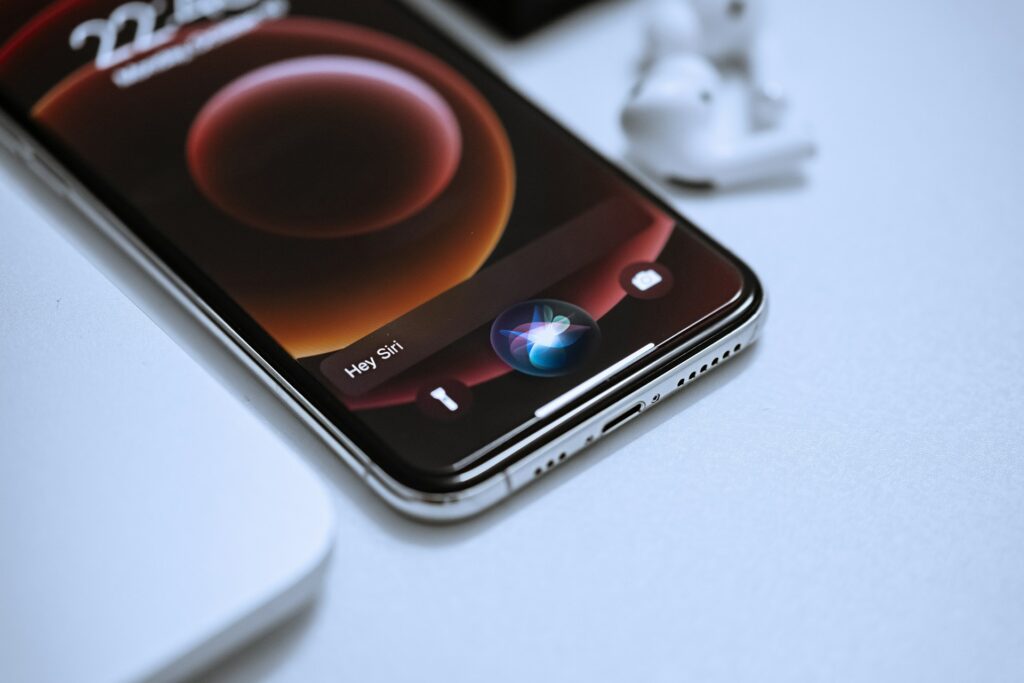Smartphones are essential tools in our daily lives, holding vital information like contacts, photos, and even bank details. With such important information stored on our phones, it’s crucial to keep them safe from viruses and malware. These malicious programs can damage your phone, steal your data, and cause many problems.
Viruses and malware can enter your phone in various ways, such as through unsafe apps or links. Once they infect your phone, they can slow down its performance, access personal data, and even drain your battery faster. This makes recognising and preventing these threats a top priority.
In this guide, we will explore effective steps to protect your smartphone from viruses and malware. We will cover how to identify signs of infection, safe practices for downloading apps, key security settings to enable, and regular maintenance tips. By following these steps, you can keep your smartphone secure and enjoy peace of mind knowing your data is protected.
Recognising the Signs of Viruses and Malware
Identifying viruses and malware on your smartphone is crucial to maintaining its security. One common sign is a sudden drop in performance. If your phone starts to lag or apps take a long time to open, there might be a virus or malware causing the issue. Similarly, unexpected crashes or frequent freezing can indicate an infection.
Another red flag is unusual behaviour, such as apps opening on their own or strange messages being sent from your phone. If you notice apps that you didn’t download or find that your phone bill has unexpected charges, malware might be to blame. Checking your phone’s battery usage can also help. Malware often runs in the background, causing your battery to drain quickly. If apps you rarely use consume a lot of battery, it’s a sign something might be wrong.
Best Practices for Downloading Apps Safely
Downloading apps safely is one of the best ways to protect your smartphone from viruses and malware. Always use official app stores like Google Play or Apple’s App Store. These platforms have strict security measures and regularly scan apps for malware, making it less likely that you’ll download a harmful app. Avoid downloading apps from third-party stores or websites as they are more likely to contain malicious software.
Before you download an app, check the reviews and ratings. Apps with many high ratings and positive comments are generally safer. Pay attention to negative reviews that mention issues with the app, such as excessive ads, unexpected charges, or poor performance. These can be signs that the app is not trustworthy.
Look at the permissions that the app requires. If an app asks for access to personal information or features that it doesn’t need to function, be cautious. For example, a flashlight app shouldn’t need access to your contacts or messages. Limiting app permissions can protect your data from being misused. Keeping these practices in mind will help you download apps safely and keep your smartphone secure.
Essential Security Settings to Enable
Enabling the right security settings on your smartphone can prevent viruses and malware. Start with enabling a screen lock. This can be a PIN, password, pattern, or even biometric options like fingerprint or facial recognition. A strong screen lock keeps unauthorised users from accessing your device.
Another important setting is to keep your operating system and apps up to date. Updates often include security patches that protect against new threats. Turn on automatic updates in your settings to ensure your phone stays protected without needing to manually check for updates.
Activate two-factor authentication (2FA) whenever possible. This adds an extra layer of security by requiring a second form of identification, such as a code sent to your phone, in addition to your password. This makes it much harder for hackers to gain access to important accounts.
Regular Maintenance Tips to Keep Your Device Secure
Regular maintenance can go a long way in keeping your smartphone secure. Begin by running regular virus and malware scans. Several reputable antivirus apps are available that can scan your device for threats and remove them. Make it a habit to scan your device at least once a month or when you notice any unusual behaviour.
Cleaning up your device regularly also helps in maintaining security. Delete unused apps and clear out old files that you no longer need. This reduces the number of potential targets for malicious software. Additionally, clear your browser history and cache to remove any stored data that could be used for malicious purposes.
Backing up your data is another key maintenance task. Regular backups ensure that you don’t lose important information if your phone gets infected or compromised. Use cloud services or an external storage device to keep a secure copy of your data. This practice not only protects your information but also makes it easier to restore your phone to a clean state if needed.
Conclusion
Protecting your smartphone from viruses and malware is crucial to ensuring its longevity and your data’s safety. By recognising the signs of malicious software, practising safe app downloads, enabling essential security settings, and performing regular maintenance, you can keep your device secure.
Taking these steps helps you enjoy a smooth and worry-free smartphone experience. If these measures aren’t enough and you still face issues, professional support is always an option. Our team at Digimob Phone Repairs is ready to assist you with any complex problems to keep your device in top shape.
For expert help in safeguarding your smartphone, contact Digimob Phone Repairs. Our skilled technicians can diagnose and fix any issues to keep your phone secure. Reach out to Digimob Phone Repairs today for mobile phone repair services and give your smartphone the protection it deserves!



